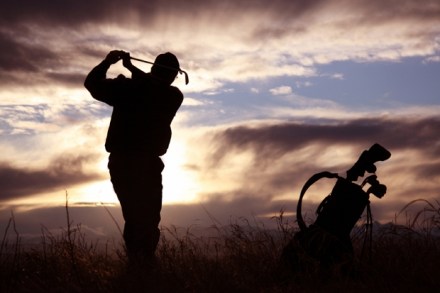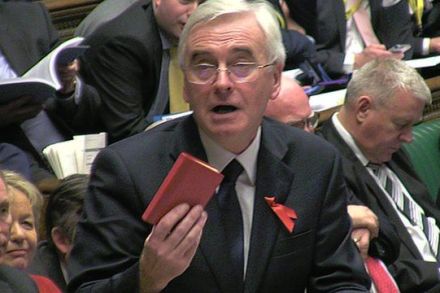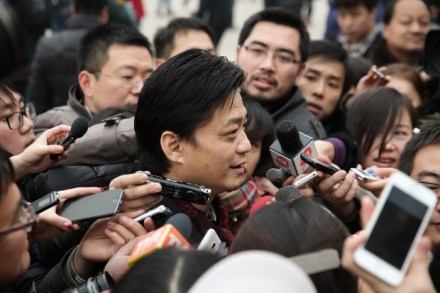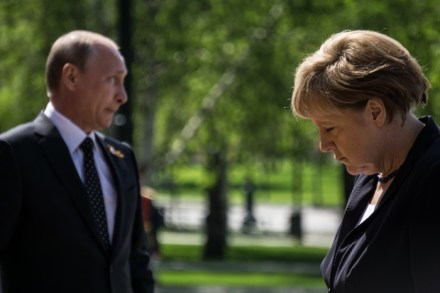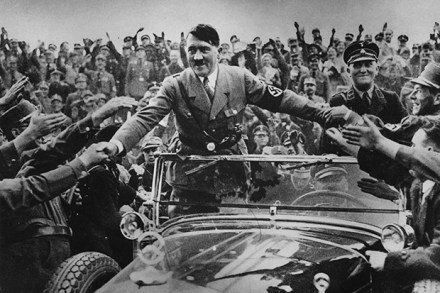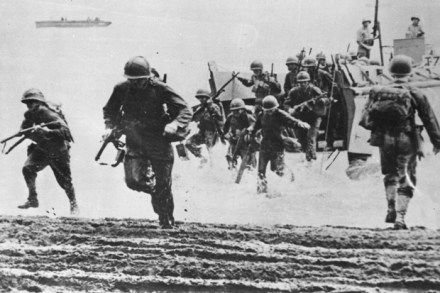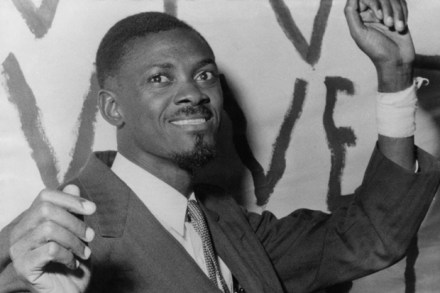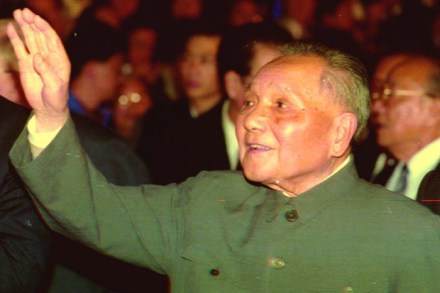Left without pleasures
At a party recently I started talking to a friendly, charming woman and we established early on that she was left-wing. We chatted about this and that and for some reason I asked her if she played golf. ‘Oh no,’ she replied. ‘As I’m left-wing, I am not allowed to play golf.’ I was taken aback. Here was a soul who would go to her grave without ever experiencing the thrill of watching her drive soar into the air and race more than 200 yards down the middle of a fairway. A feeling akin to pity brushed across my mind. Concerned, I asked if there was anything else she was not allowed
